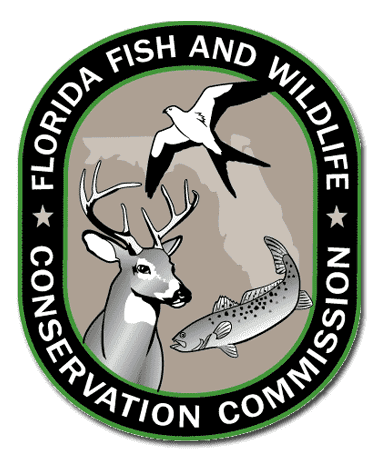Gulf County Pair Arrested for Netting Violations in Florida

Florida Fish and Wildlife Conservation Commission (FWC) law enforcement officers arrested two Gulf County men on St. Joe Bay before daylight Nov. 23 with an almost-8,000-square-foot gill net and more than 600 pounds of illegally netted pompano, Spanish mackerel and sheepshead.
Florida’s constitution prohibits the use of gill nets and entangling nets for the taking of marine species.
Ashley David Haddock (DOB 09/24/85) of Wewahitchka and Randall Lamar Moore (DOB 02/06/82) of Port St. Joe face numerous felony and misdemeanor charges for using a gill net. Using high-tech, night-vision equipment, officers watched the pair on the bay on Haddock’s 22-foot boat from late on Thanksgiving night to the time of arrest the next morning.
“The fish had obvious signs of being gill-netted,” said FWC Officer Neal Goss IV, one of three officers who made the arrests.
Both Haddock and Moore are commercial fishermen and possess saltwater products licenses.
The two were booked into the Gulf County Jail. They were released on $2,000 bond each on Nov. 24.
The fish were seized and sold to a Panama City seafood business. The money will be held in escrow, pending the outcome of the case.
The FWC seized the vessel and the gill net as evidence in the case.

